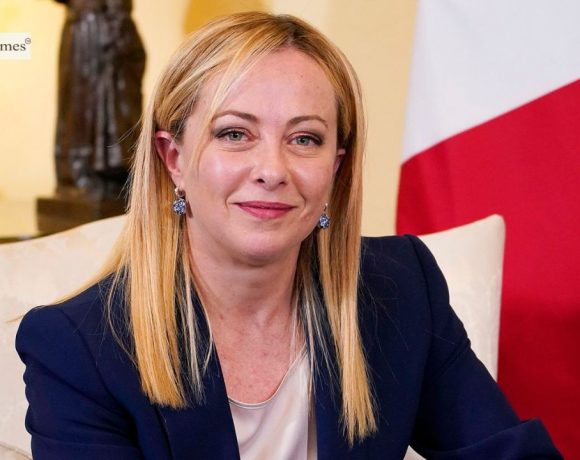
Italy’s recent southern regional election results have cast new uncertainty over Prime Minister Giorgia Meloni’s path to re-election in 2027. While the national outcome ended in a 3-3 split between the ruling conservative bloc and the centre-left, decisive victories for the opposition in Campania and Puglia signaled a growing challenge to Meloni’s dominance. Political leaders, including former PM Matteo Renzi, say these results prove there is a viable alternative to Meloni’s leadership.
The centre-left now believes a unified national alliance could flip around 20 key Senate seats in the south—seats that are crucial for forming a government under Italy’s mixed electoral system. Analysts warn that if these constituencies shift away from the conservatives, Italy could face a hung parliament. This has prompted Meloni’s coalition to consider revising the electoral law, potentially scrapping first-past-the-post seats to protect their hold on power.
Despite Meloni’s continued popularity and stability-focused governance, her allies remain weak in national polls, limiting her coalition’s overall strength. Meanwhile, the opposition faces its own challenge of uniting diverse factions—ranging from hard-left groups to pro-business centrists—into a single national project. Their first major test will be the 2026 referendum on Meloni’s justice reform, a vote that observers say could significantly impact her political momentum.
Pic Courtesy: google/ images are subject to copyright
